KEY POINTS
- Israel’s ambassador to India Naor Gilon said India “knows terrorism”
- The remarks come after Indian Prime Minister Narendra Modi expressed solidarity with Israel
- Experts believe India, as per the current circumstances, will not have a direct role to play in the conflict
Israel’s ambassador to India, Naor Gilon, said the South Asian country’s support was important to the former, which has declared war and promised to punish the Gaza Strip in response to a surprise ambush by Hamas fighters.
Following the attacks that he described as unprovoked and unacceptable, Gilon said India’s support was significant due to its global influence and long fight against terrorism.
“India is a very influential country in the world, as a country that knows terrorism and understands the crisis,” Gilon told reporters. “It will be very important for us, to give us the ability to do what we need to do in order to make sure that Hamas will not be able to continue doing atrocities.”
Gilon alleged that Iran was involved in the attacks, adding that the support from “our Indian friends” was important for Israel because it comes from a point of knowledge.
“India comes from a position of a country who knows terrorism, so it comes from a point of knowledge and not of ignorance. And for that, we are very much thankful,” Gilon said. “And again, Israel needs only moral and political support. Work on the ground we know how to do it, but we need to have the ability to execute the plan in order to make sure that Hamas will not threaten anyone else again.”
Indian Prime Minister Narendra Modi acknowledged the terrorist attacks in a Saturday tweet and expressed solidarity with Israel.
“Deeply shocked by the news of terrorist attacks in Israel. Our thoughts and prayers are with the innocent victims and their families. We stand in solidarity with Israel at this difficult hour,” Modi said.
As the world was already going through a period of instability, the Hamas attack and Israel’s counterstrike further split the world into two camps.
While the U.S. strongly condemned the attack, Russian officials called for peace talks and China said a two-state solution was important for Israel and Palestine.
“The very statement from Prime Minister Modi was rather unbalanced since, as the voice of Global South, India should have asserted the need for a two-state solution,” India’s former diplomat KP Fabian told International Business Times.
Fabian also noted there was a “good personal chemistry” between Modi and Israel’s Prime Minister Benjamin Netanyahu, who had called the India-Israel relationship a “marriage made in heaven” in 2017.
India was Palestine-leaning for decades in what was one of the longest-running conflicts in the world. The South Asian country was one of the last non-Muslim states to recognize Israel, and also the first non-Arab country to support the Palestine Liberation Organization (PLO).
However, India’s partnership with Israel picked up after New Delhi started actively delinking the Israeli-Palestinian conflict from its relations with the two sides. With time, Indo-Israeli relations flourished under the Modi government through a strategic partnership that focuses on several key areas.
“India and Israel formally acknowledged their strategic partnership, during the historic visit of PM Modi to Israel in July 2017. The partnership encompasses cooperation on a range of issues, including security and defence, agriculture, water, space and high-tech,” S. Samuel C. Rajiv, author of “The India-Israel Strategic Partnership: Contours, Opportunities and Challenges,” told IBT.
Also important in the strong Indo-Israeli strategic relationship is the “defence and security sectors including strategic weapons, counterterrorism, intelligence sharing and joint training,” said Md. Muddassir Quamar, Associate Fellow at Manohar Parrikar Institute for Defence Studies and Analyses, New Delhi.
Even as India’s relationship with Israel grew stronger, New Delhi took steps to appease the Palestinian side and also voted in favor of Palestine on many UN resolutions.
India “has consistently called for negotiations between the Israelis and Palestinians and is in support of a two-state solution,” Rajiv said.
Experts believe India will not be playing a direct role in the renewed conflagration, triggered by the surprise attack by Hamas.
“India is unlikely to get directly involved in the war as it doesn’t have any direct stakes,” Quamar said. “But any international process led by the UN or Middle East quarter might see India getting more involved but this is too early to say anything because the immediate priority of mediating states is to de-escalate and end the war and ensure safe release of all the hostages taken by Hamas.”
“India will not be able to play any mediatory role to bring out a ceasefire,” Fabian said, while Rajiv added, “There is no direct role for India in the ongoing war between Israel and Palestinian terrorist groups like Hamas.”

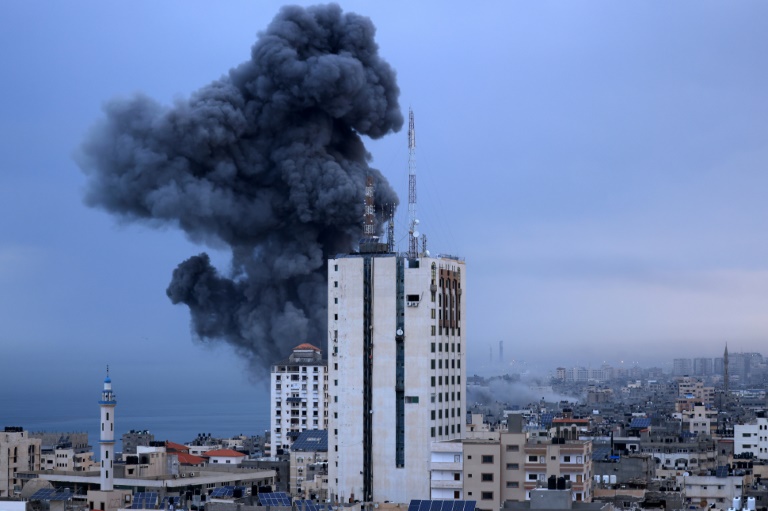
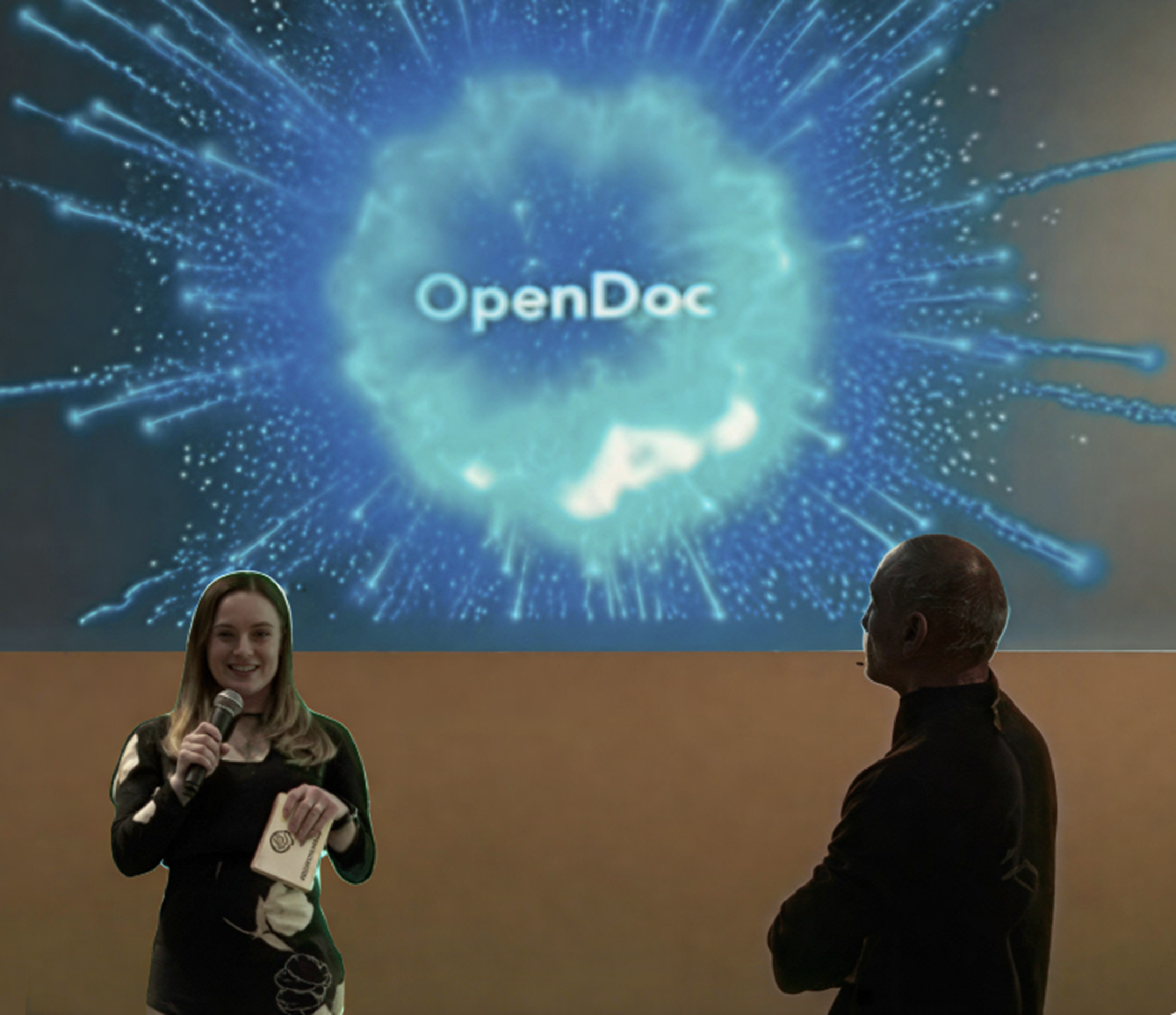
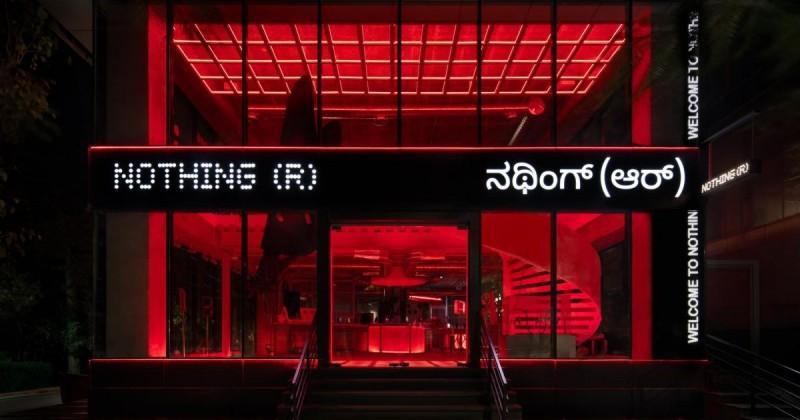
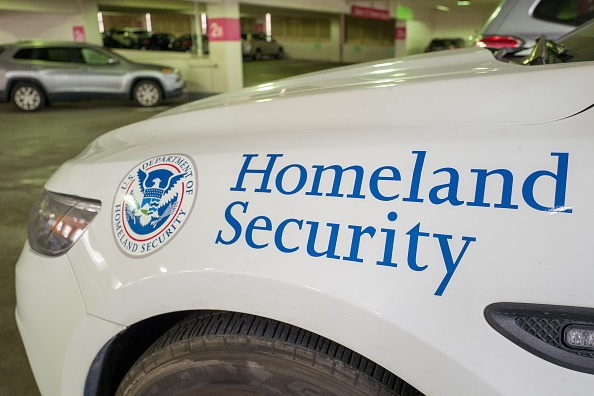

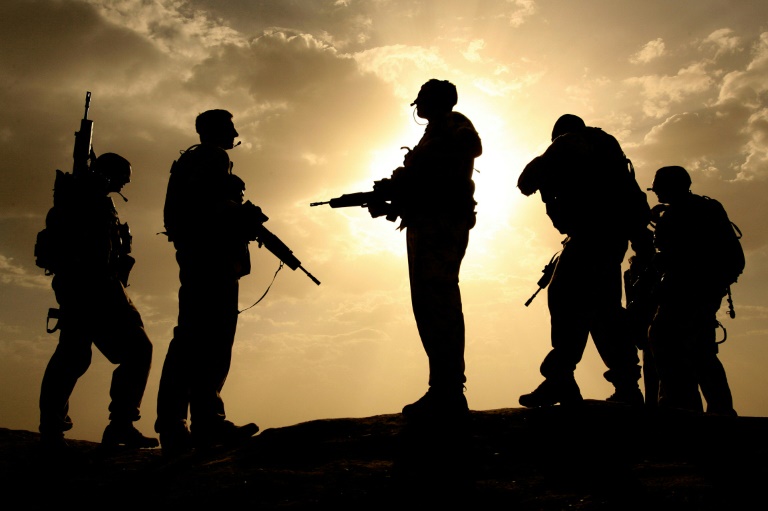
![Israel Announces ‘Complete Siege’ of Gaza as Air Force Begins ‘Extensive Attack’ after Cutting off Food, Electricity as Hundreds are Killed [WATCH] Israel Announces ‘Complete Siege’ of Gaza as Air Force Begins ‘Extensive Attack’ after Cutting off Food, Electricity as Hundreds are Killed [WATCH]](https://data.ibtimes.sg/en/full/70345/israel-war.jpg)